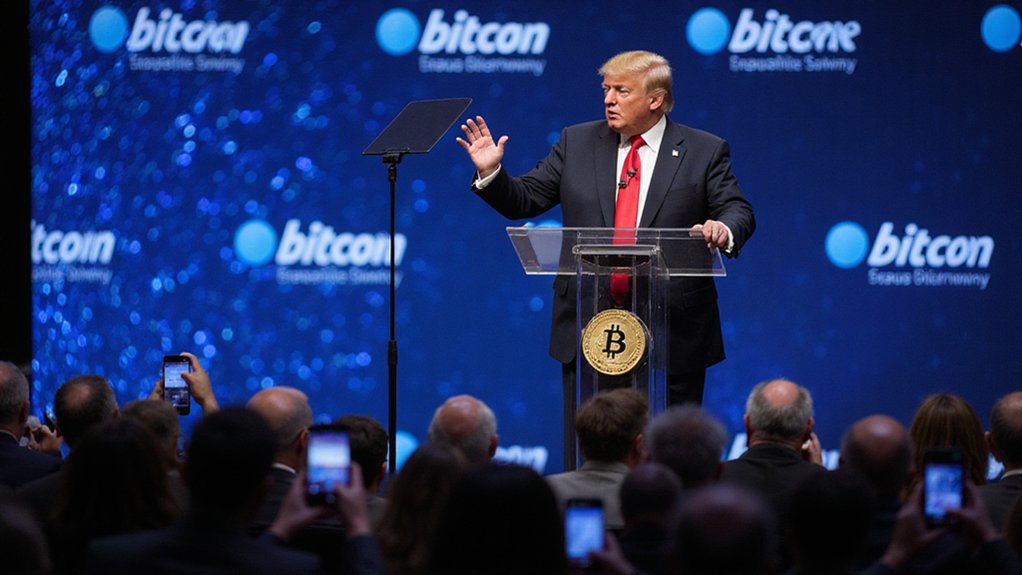In a move that would make MicroStrategy’s Saylor nod approvingly, Norway-based cryptocurrency firm K33 has committed $6.2 million to what CEO Torbjørn Bull Jenssen diplomatically terms a “Bitcoin treasury strategy”—though one might reasonably wonder when accumulating a single volatile asset became synonymous with treasury management.
The Nasdaq First North Growth Market-listed company plans to deploy its entire fundraising exclusively toward Bitcoin acquisition, a decision that either demonstrates remarkable conviction or a concerning lack of diversification principles that would horrify traditional CFOs.
K33’s strategy aims to fortify its financial base while enhancing product offerings, though the logic of strengthening finances through cryptocurrency exposure requires a particular worldview about monetary systems.
Jenssen’s approach aligns with the growing corporate trend of treating Bitcoin as a strategic financial asset rather than speculative plaything.
The company envisions Bitcoin’s integration into the global financial system as inevitable, positioning K33 to benefit from this theoretical shift while simultaneously betting its treasury on that very assumption—a circular logic that cryptocurrency enthusiasts find compelling and skeptics find concerning.
The investment strategy serves multiple operational objectives: diversifying revenue streams, building balance sheet strength, and establishing what K33 characterizes as “financial resilience.”
The irony of seeking financial stability through an asset famous for losing half its value overnight apparently escapes no one, yet companies continue embracing this contradiction with remarkable enthusiasm.
K33’s Bitcoin treasury approach represents both competitive differentiation and substantial risk concentration.
While the strategy may enable growth opportunities and strengthen partnerships through enhanced financial positioning, it simultaneously exposes the firm to cryptocurrency market fluctuations that could theoretically eliminate the treasury’s value faster than traditional investment losses.
The company’s bet reflects broader industry observations about Bitcoin’s role in contemporary financial strategies, though whether this represents prescient positioning or collective delusion remains market-dependent.
K33’s commitment to building a “strong Bitcoin reserve” certainly demonstrates conviction, even if that conviction involves placing $6.2 million on a digital asset whose primary utility remains generating passionate debates about its fundamental value proposition.
This treasury allocation strategy gains additional context as institutional adoption accelerates, with spot ETFs from major firms like BlackRock and Fidelity driving billions in inflows and legitimizing corporate Bitcoin strategies.









